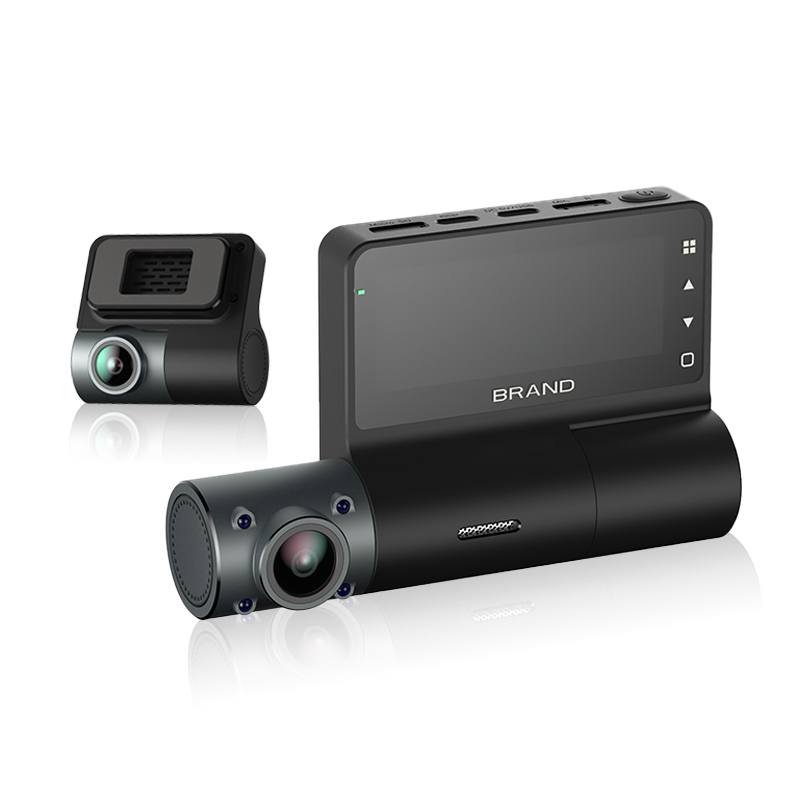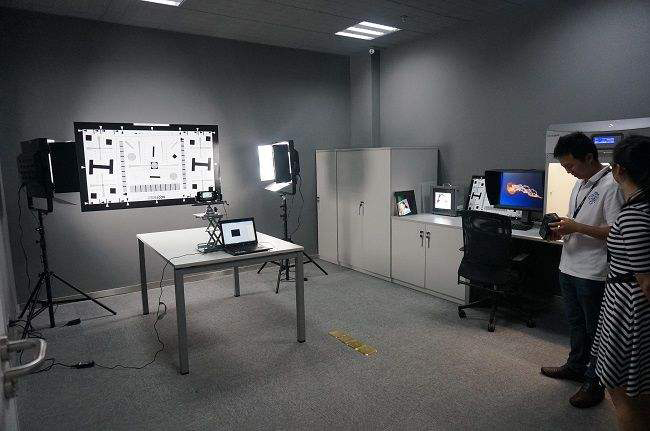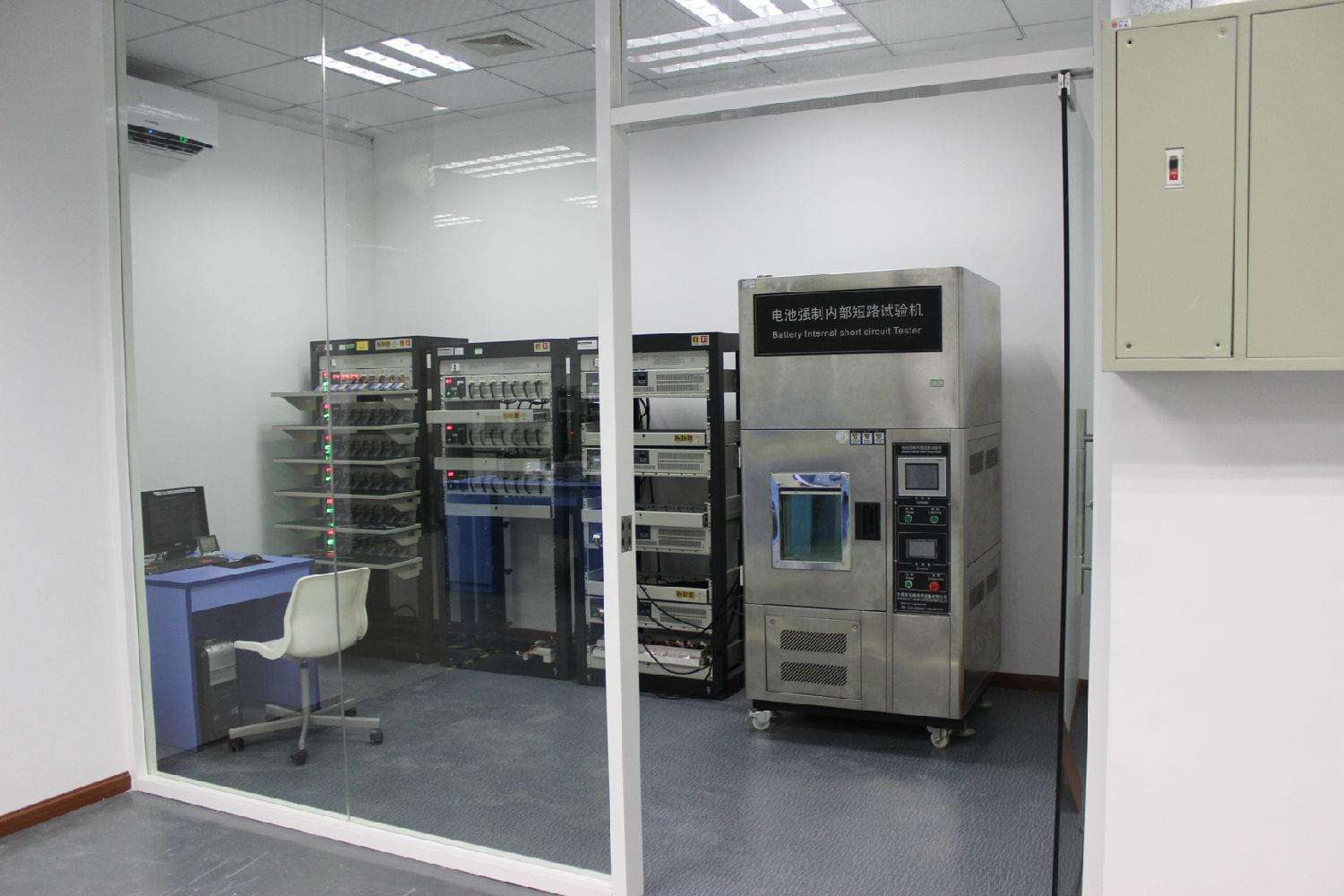In recent years, dash cameras have become an essential accessory for drivers worldwide, offering valuable evidence in the event of accidents and enhancing road safety. Among the various resolutions available, 4K dash cams have garnered significant attention for their unparalleled clarity and detail. In this article, we will delve into the world of 4K dash cam resolution, exploring what it entails, its benefits, and how it sets a new standard for capturing the road ahead.

① Understanding 4K Resolution
4K resolution refers to a display or recording with approximately 4,000 pixels in width. In the context of a dash cam, 4K resolution typically means a horizontal pixel count of 3840 and a vertical pixel count of 2160, giving a total of around 8.3 million pixels. This impressive pixel density results in an exceptionally high level of detail, making it one of the highest resolutions available in consumer-grade dash cameras.
② Benefits of 4K Resolution in Dash Cams
1. Unparalleled Clarity: The most apparent benefit of 4K resolution is its unparalleled clarity. With four times the pixel count of Full HD (1080p) resolution, 4K dash cams can capture every minute detail of the road ahead, ensuring that license plates, road signs, and distant objects are clearly visible and easily identifiable in footage.
2. Enhanced Low-Light Performance: Higher resolution allows 4K dash cams to capture more light, making them more efficient in low-light conditions or at night. This results in brighter and less grainy images, ensuring that important details are not lost in poorly lit scenarios.
3. Improved Digital Zoom: The high resolution of 4K dash cams enables more effective digital zooming without significant loss of image quality. This means that users can zoom in on specific areas of the footage without sacrificing the clarity, making it easier to analyze important incidents or details.
4. Increased Video Quality for Large Screens: With the rise of larger in-car displays and external monitors, 4K resolution provides a sharper and more vibrant viewing experience when playing back recorded footage on these larger screens. This is particularly advantageous for fleet managers and commercial drivers who rely on detailed video evidence for various purposes.
5. Future-Proofing: As technology advances and higher-resolution displays become more prevalent, 4K resolution ensures that your dash cam footage remains relevant and visually impressive for years to come. By opting for a 4K dash cam, you are future-proofing your investment in a rapidly evolving tech landscape.
③ Challenges and Considerations
While 4K resolution undoubtedly offers numerous benefits, it also presents some challenges and considerations:
1. File Size: 4K videos typically have larger file sizes compared to lower resolutions. This requires higher-capacity memory cards and more storage space to accommodate the increased data. Users may need to invest in larger memory cards to ensure uninterrupted recording.
2. Processing Power: Recording, processing, and saving 4K videos demand more processing power and resources. Dash cams with 4K resolution may require more advanced hardware and faster processors to handle the increased data, which could impact the dash cam's overall performance and battery life.
3. Cost: The technology and components required to produce 4K dash cams can make them more expensive compared to lower-resolution options. Users must weigh the benefits of 4K resolution against their budget and specific needs.
In conclusion, 4K dash cam resolution offers unparalleled clarity and detail, setting a new standard for capturing the road ahead. The benefits of 4K resolution, such as enhanced clarity, improved low-light performance, and future-proofing, make it an attractive option for drivers seeking the best possible video evidence. However, users must also consider the challenges, including larger file sizes, increased processing power requirements, and higher costs associated with 4K dash cams. Ultimately, the decision to invest in a 4K dash cam should be based on individual preferences, needs, and budget. As technology continues to evolve, 4K resolution is likely to remain at the forefront of dash camera innovation, providing drivers with even clearer and more detailed recordings for safer journeys on the road.
 Having over ten years of experience in the manufacturing of tachographs
Having over ten years of experience in the manufacturing of tachographs
 Provide over 20 private mold designs, focusing on independent research and desig
Provide over 20 private mold designs, focusing on independent research and desig
 Over 10 years of R&D and QC experience
Over 10 years of R&D and QC experience